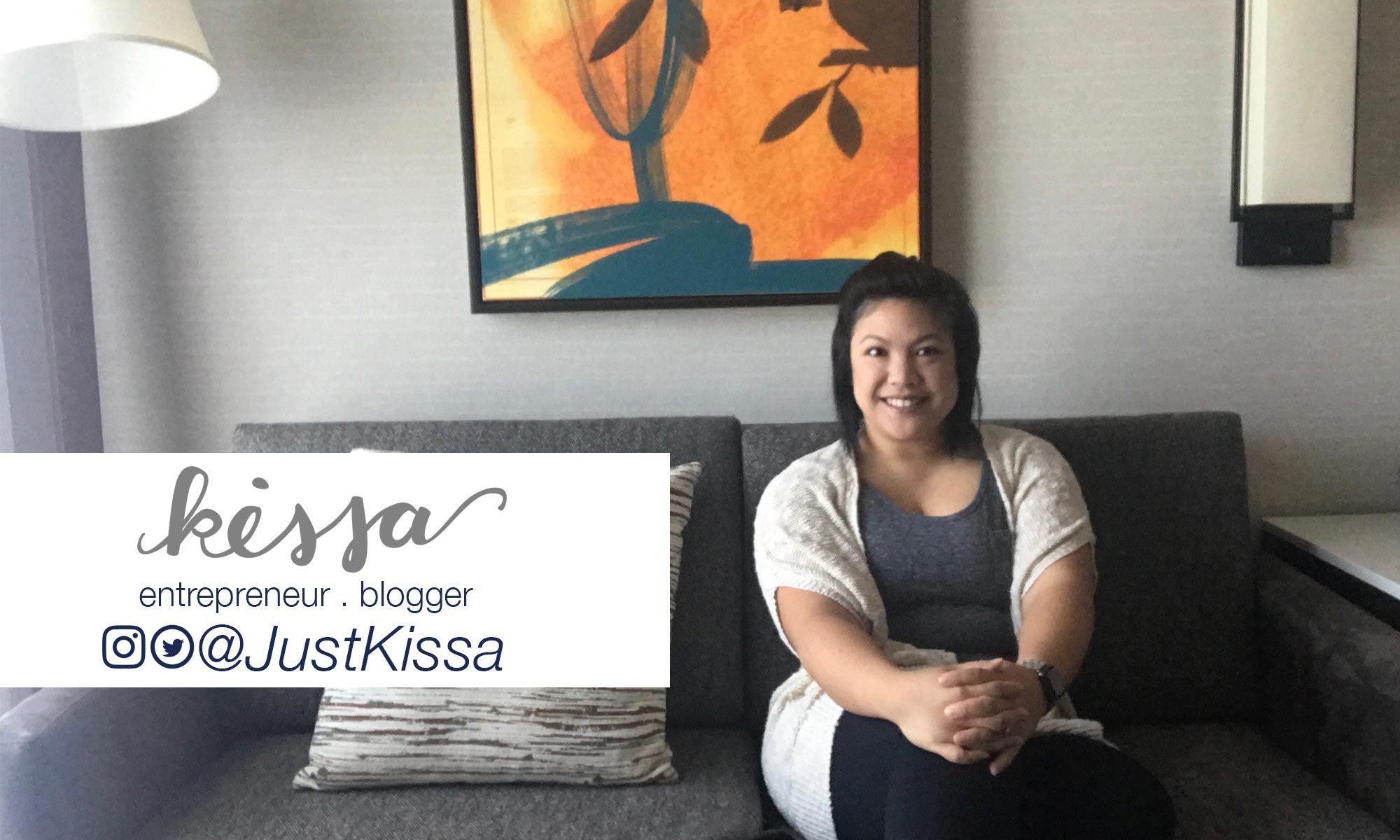Two weeks ago I had the opportunity to participate in a panel of fellow entrepreneurs in the food industry. It was hosted by the Filipino American Chamber of Commerce of Greater Los Angeles and they hosted a great event! They had prepared so much valuable information ready for their guests.
I’ve been invited to more of these events recently and I really do love being part of them for 2 main reasons. One, because I believe in the idea of sharing. Sharing experiences and lessons to help others without any expectation of a return is something I’m extremely passionate about. Second, I learn so much from these events too. It’s easy to think that you know everything there is to know, but once you realize that as humans we should never stop learning these types of events become a great opportunity not just for your audience but for you as well.
There were a couple key things that I wanted to share that I observed and took away from that event. I actually touched on this in one of my podcast episodes. But before I do that let me lay the land a bit and set the scene for you. When I walked in I checked in and met the point of contact for the event, Lois. Everyone was very welcoming and it was being hosted at a meeting room in a Van Nuys civic building and there were seats for about 60ish people. My fellow panelists were around a similar age group and upbringing as me, and our audience was mostly older. I share this because it has significance in my observation, not to be an asshole lol! More on that in a second.
During the event, there was a lot of talk about how businesses should appeal to Millennials as they (we) are becoming the largest consumer group. A lot of the questions the audience were how businesses could appeal to that generation. I think all of us panelists were in agreement that what should be more important is that businesses should understand and know who their target market is, and communicate to them in a way that is genuine and adds value to their lives. But one thing that wasn’t said is something I think is important to point out:
If Millennials aren’t your target market, you don’t need to change it.
What should be the focus of any business should be to speak to their target market, whether that’s Millennials, Baby Boomers, or a segment thereof. Changing your target market because of majority will not do anything for your business. Identifying who can best use your product or service will drive the most results.
Ok, now that it’s out there another thing I wanted to bring up that was also discussed at the panel was branding. I think that branding and target market are directly related and it’s something that people have a hard time wrapping their head around.
I came from a marketing and graphic design background, and I’ve observed that in the time that I’ve learned what a “brand” was its definition and way to share it has changed. In the past, people have associated brands with big companies like Nike or Target. The way we thought about marketing has changed drastically in the last 15 years and because of this the idea of brands have changed. A small business can have a brand, an individual can have a brand. The way we communicate as a brand has now changed. What used to be for large corporations is now very applicable to anyone and everyone.
The thing that large corporations like Nike and Target got right was they knew who would be shopping and they focused on that. As small businesses trying to make a living for ourselves a common misconception is that everyone is a customer. This is completely false, and I can’t stress this more.
Now that social media has become a big part of our marketing plans, smaller businesses have more potential and reach than ever! I think this forced the idea of brands forming on a smaller scale, giving us little guys the potential for things that we might have never thought possible.
Which brings me back to the generational gap statement that I made earlier. I’ve observed that most people that ask me this question are more seasoned, older entrepreneurs. When my family first started our restaurant in 2008 there was a lot of transition happening. My family just wanted customers, they wanted sales but didn’t know how to get them. They tried to appeal to everyone and tried to do everything. But that was the biggest mistake.
When I came to Ninong’s full time I made a decision to rebrand and create our ideal customer. I know their age, where they shop, how much they make, where they work, where they spend their spare time, etc. When I did this, the puzzle pieces started falling into place and our business began to gain traction.
Once I saw that identifying my target audience was working I took it a step further. I envisioned what my customer would want to see and slowly but surely (because of budget restrictions) improve to create that experience that I know they would enjoy. To this day, I continue to strive to better that experience as I learn and grow.
This is something that I want entrepreneurs, old an young to know. I think the hardest thing for people to realize is that the more specific you are the more success you will start to see. The more your hone in the more customers you’ll get because you’re communicating to those in need. I know it’s almost illogical to think that way, but trust me! Focus on your target market, whoever that may be, and you’ll see the change.
xoxo,



